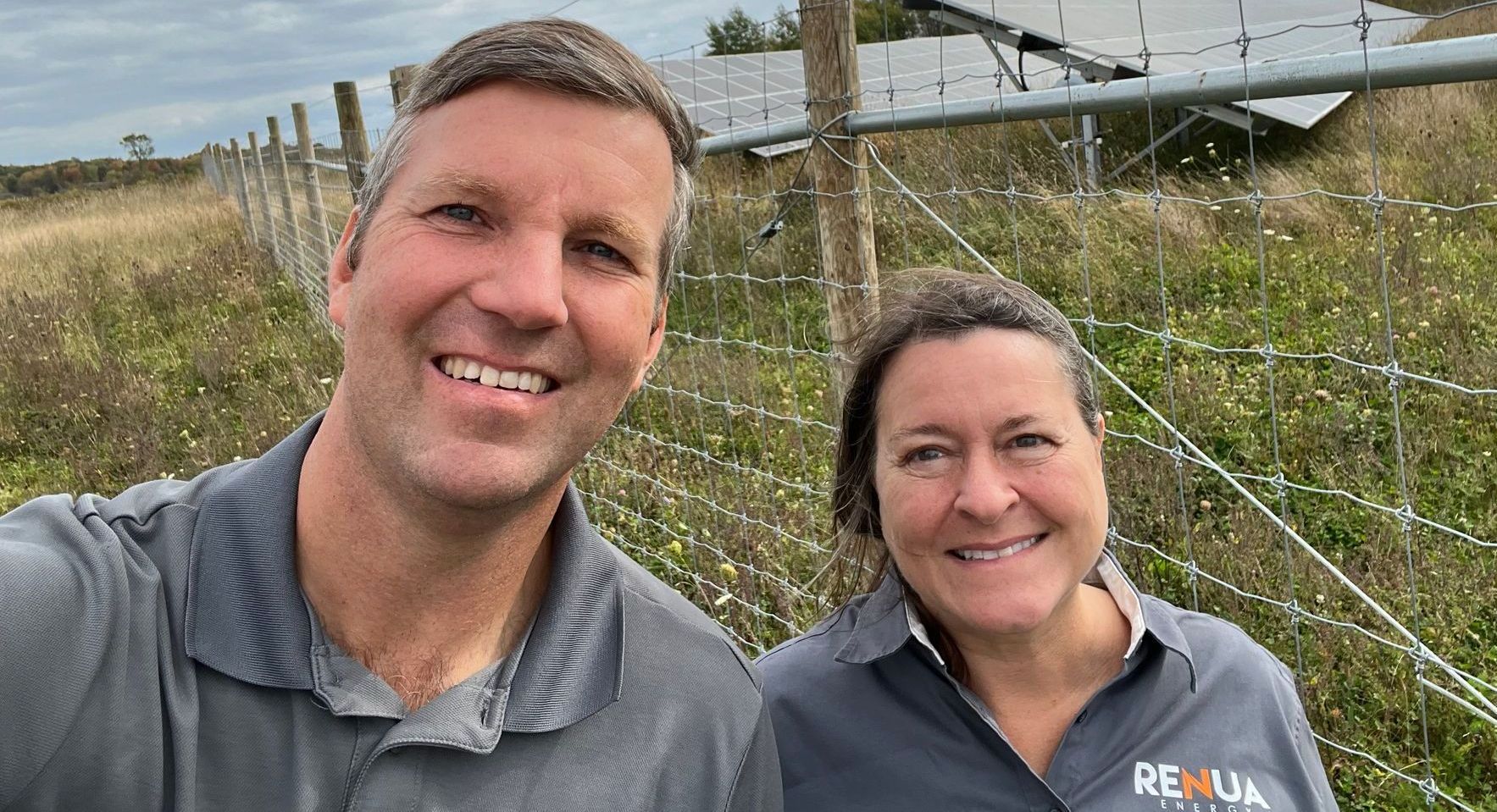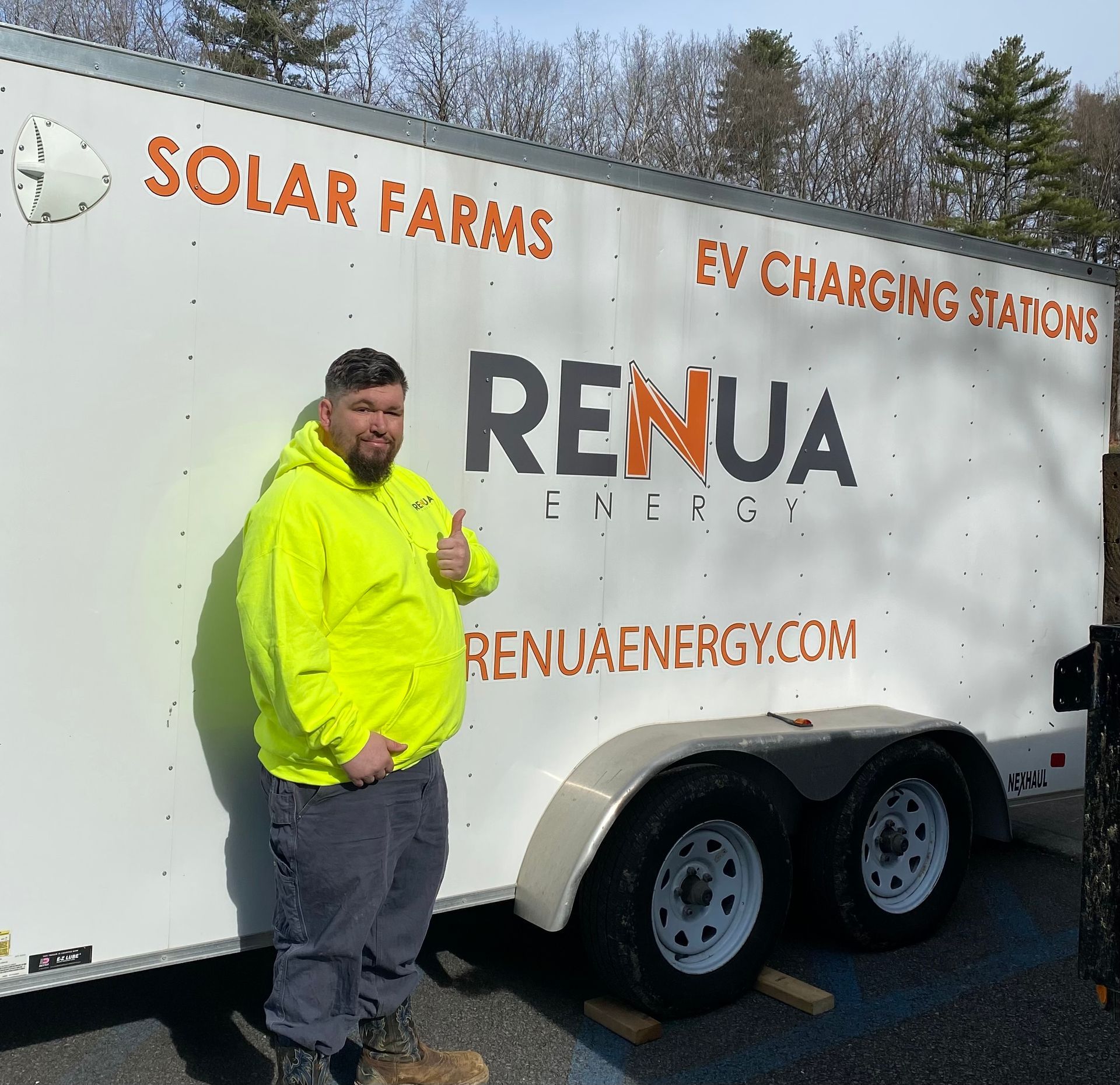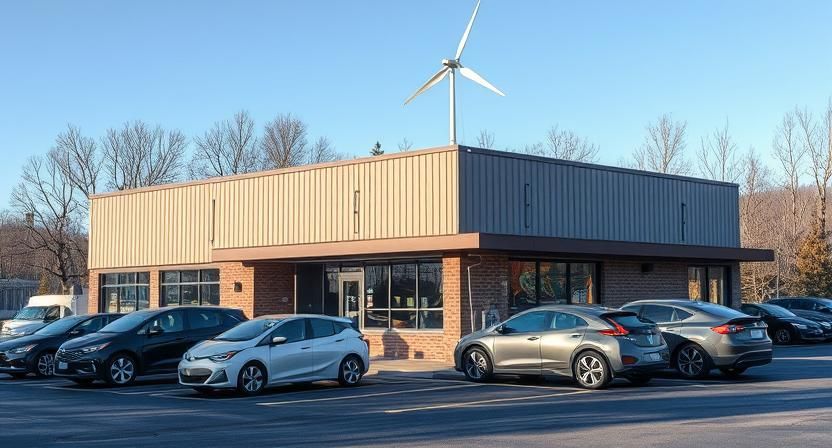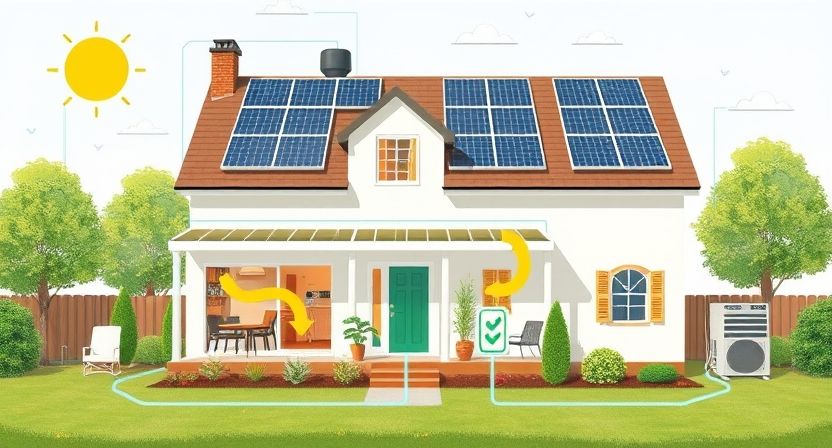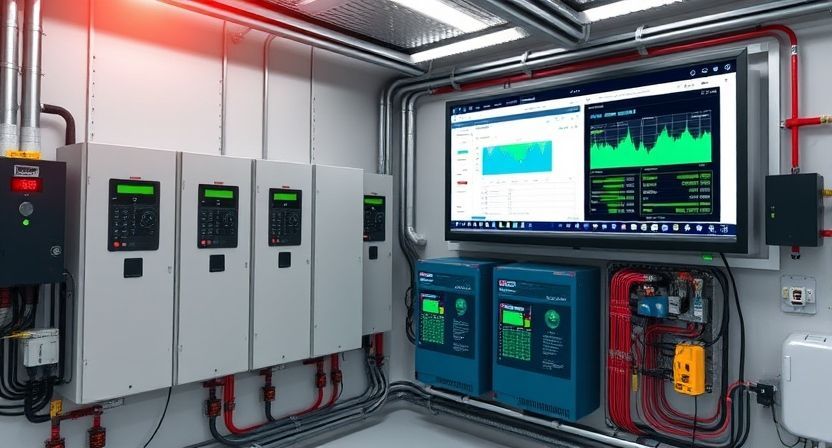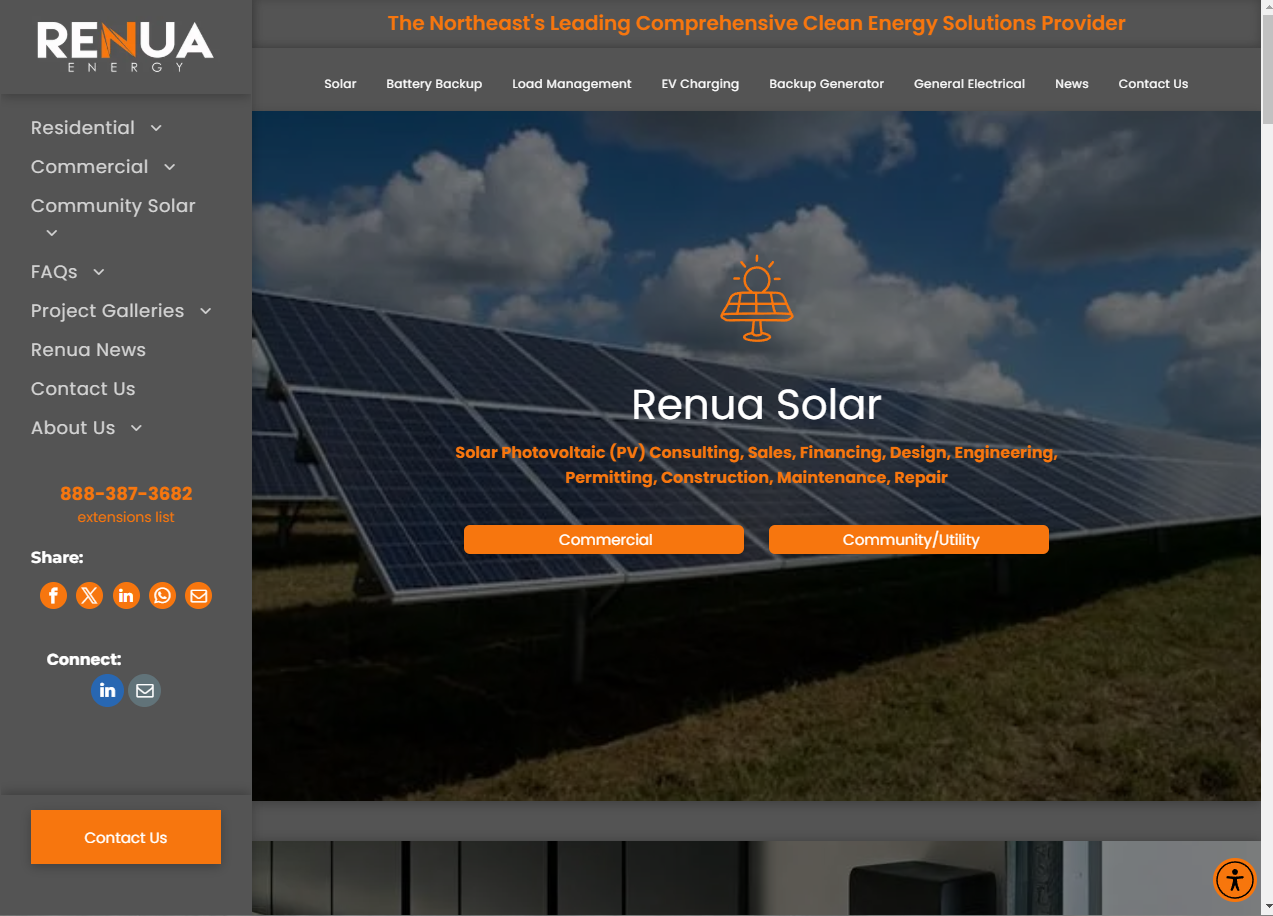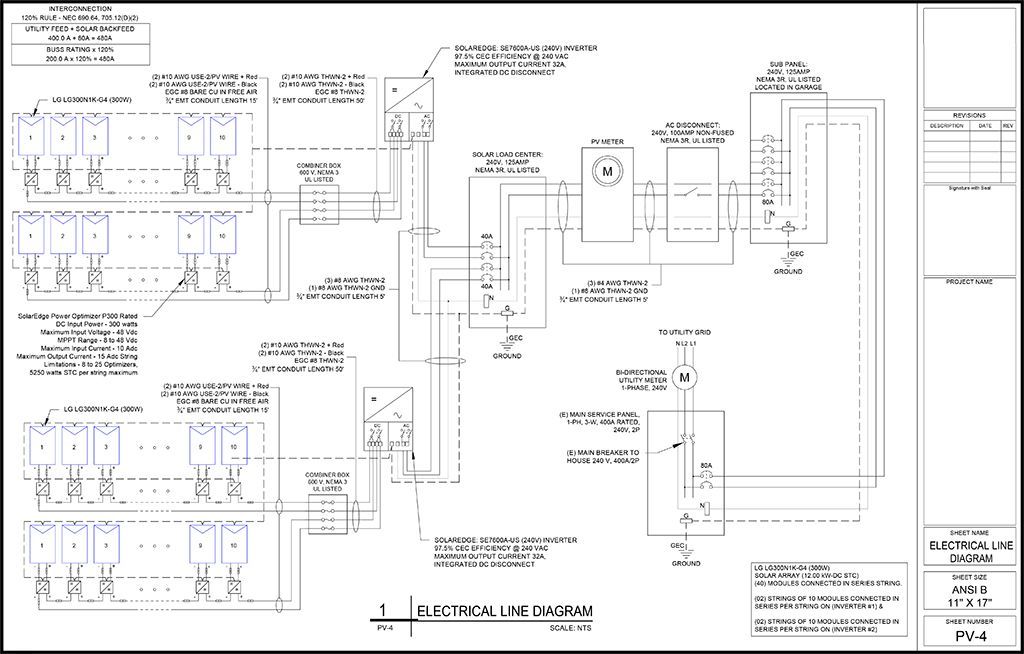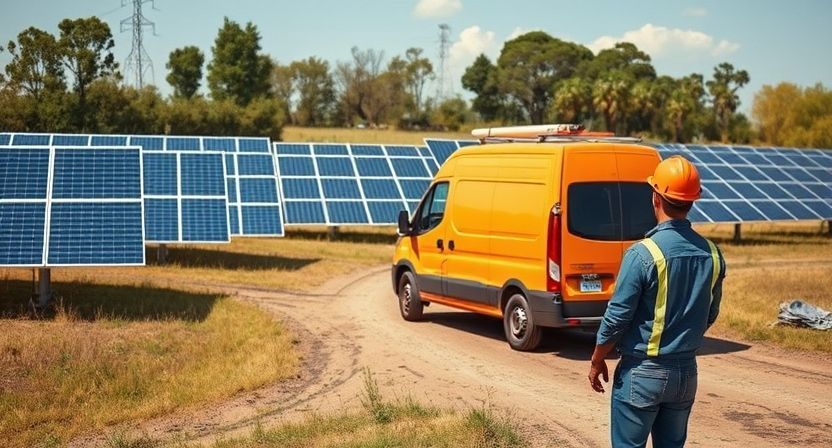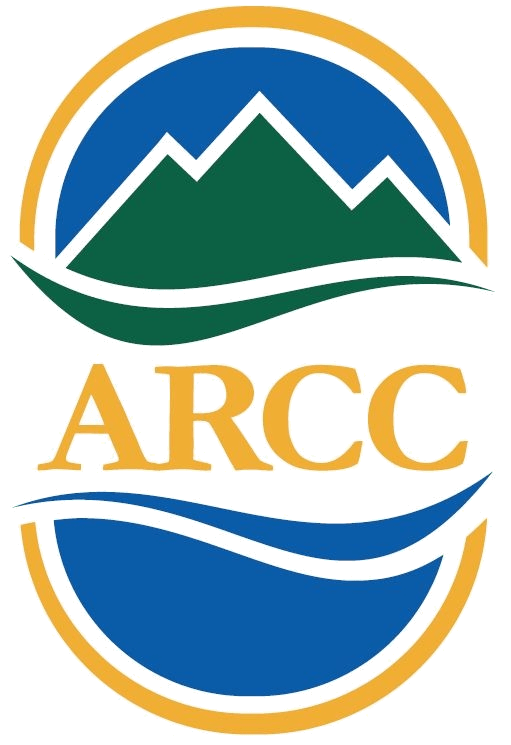Embracing Renewable Energy
Unlocking the Benefits of Solar Panels & Battery Storage in the Northeast

Embracing Renewable Energy:
Unlocking the Benefits of Solar Panels and Battery Storage in the Northeast
As the world shifts towards renewable energy, homeowners in the Northeast are increasingly looking to harness the power of solar energy to reduce their reliance on fossil fuels, lower their utility bills, and contribute to a more sustainable future. In this region, states like New York, New Hampshire, Vermont, Connecticut, and Massachusetts offer a wealth of incentives and tax credits to encourage homeowners to invest in solar panels and battery energy storage systems.
Benefits of Solar Panels and Battery Storage
The benefits of solar panels and battery storage for residential customers are numerous. Here are just a few:
1. Renewable Energy Source: Solar panels generate clean energy from the sun, reducing your reliance on fossil fuels and lowering your carbon footprint.
2. Lower Utility Bills: By harnessing the sun's energy, you can significantly reduce your electricity bills and save money over time.
3. Increased Property Value: Installing solar panels can increase your property value, making your home more attractive to potential buyers if you decide to sell in the future.
4. Energy Independence: With a battery storage system, you can store excess energy generated during the day for use at night or during power outages, providing you with a sense of energy independence.
5. Low Maintenance: Solar panels require minimal maintenance and are designed to last for up to 30 years or more.
Costs of Solar Panels and Battery Storage
While the benefits of solar panels and battery storage are numerous, there are costs associated with these systems. Here are some estimates for the costs of solar panels and battery storage in the Northeast:
1. Solar Panel Installation: The cost of solar panel installation varies depending on the size of the system, the quality of the panels, and the installation company. On average, a typical residential solar panel system can cost between $15,000 and $30,000.
2. Battery Storage System: Battery storage systems can range in price from $5,000 to $20,000 or more, depending on the size and type of batteries.
3. Inverter: An inverter is required to convert DC power from the solar panels to AC power for your home. The cost of an inverter can range from $1,000 to $3,000.
4. Monitoring System: A monitoring system is required to track the performance of your solar panel system. The cost of a monitoring system can range from $500 to $1,000.
Incentives and Tax Credits for Solar Panels and Battery Storage
The state governments of New York, New Hampshire, Vermont, Connecticut, and Massachusetts offer various incentives and tax credits to encourage homeowners to invest in solar panels and battery storage systems. Here are some of the incentives and tax credits available:
1. Federal Tax Credit: The federal government offers a tax credit of up to 26% of the total cost of a solar panel system.
2. New York State Tax Credit: The state of New York offers a tax credit of up to 25% of the total cost of a solar panel system.
3. New Hampshire Renewable Portfolio Standard (RPS) Program: The RPS program requires utilities to generate a certain percentage of their electricity from renewable sources. Homeowners who install solar panels can earn credits for the excess energy they generate.
4. Vermont Renewable Energy Property Tax Credit: Homeowners who install solar panels or other renewable energy systems can claim a tax credit of up to $5,000.
5. Connecticut Renewable Energy Property Tax Credit: Homeowners who install solar panels or other renewable energy systems can claim a tax credit of up to $10,000.
6. Massachusetts Solar Renewable Energy Certificates (SRECs): Homeowners who install solar panels can earn SRECs for each megawatt-hour (MWh) of electricity they generate.
Conclusion
Investing in solar panels and battery storage can be a smart decision for homeowners in the Northeast. With the numerous incentives and tax credits available, homeowners can significantly reduce their costs and increase their savings over time. At Renua Energy, we can help you navigate the process of installing solar panels and battery storage systems in your home. Contact us today to learn more about our services and how we can help you unlock the benefits of renewable energy.

Renua Energy is a federally and state certified SDVOSB providing solar development project resources and electric vehicle service equipment project development.
